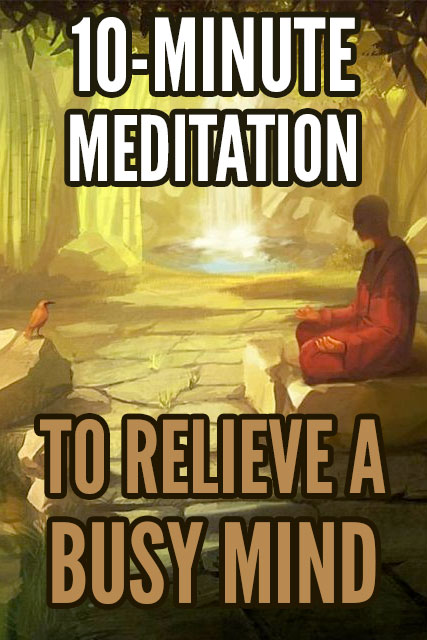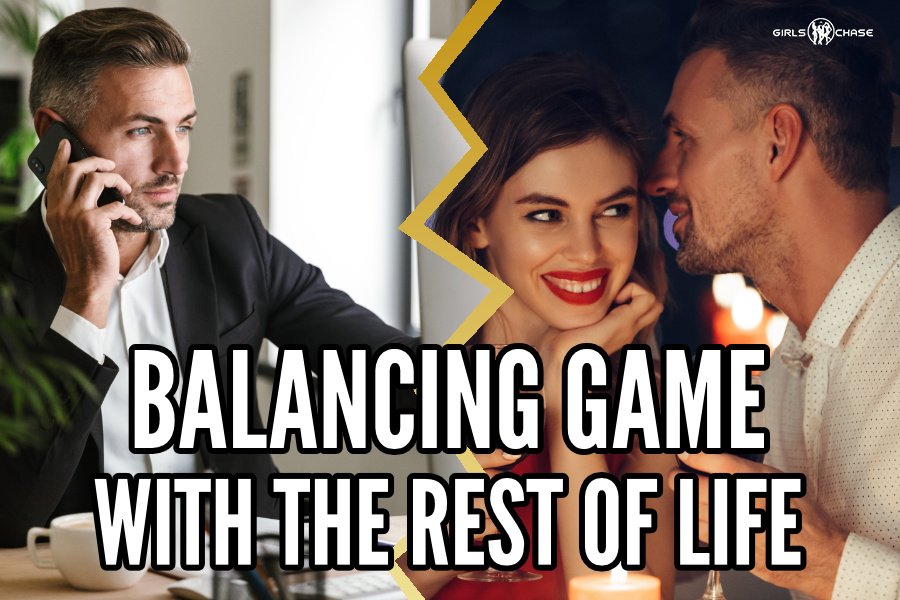Want to Get Good? Make Predictions in Your Head

You can learn to read women's signals far more reliably, and shorten your seduction learning curve, if you first learn a simple little trick: how to predict with accuracy.
At the carnival, there is often a man (called, like all carnival workers, a 'carny') who will offer to guess your weight or age.
 Sometimes carnies use trickery. For example, one might offer to guess your birth month, then write down something like the scribble on the right. That, of course, could be said to say January... or June... or July. If you say your birth month is any month other than October, the carny will have 'guessed' within two months of your actual birth month, and keeps your $2.
Sometimes carnies use trickery. For example, one might offer to guess your birth month, then write down something like the scribble on the right. That, of course, could be said to say January... or June... or July. If you say your birth month is any month other than October, the carny will have 'guessed' within two months of your actual birth month, and keeps your $2.
However, not all carnival guessing games use tricks. Some actually do rely on skill.
What is the skill involved in guessing someone's age or weight?
While there's no skill I know of to accurately guess someone's birth month, you can get scarily good at guessing weight very quickly... and guessing birth year (not month) is not nearly as hard as you'd think.
In fact, over the years I've developed the ability to guess women's ages with startling (even to me) precision. I am good enough at it that about 3 out of 4 times I guess the exact to-the-year age of whatever girl I am talking to, or am within a year of her calendar age, so long as she is somewhere between 18 and 36.
How do you develop this ability to accurately guess age or weight?
You do so by making predictions, and discovering if you are right.
You can make predictions about a whole lot more than just age and weight, too.
And the better you get at making various kinds of predictions, the more easily you will tend to discover things about whatever it is you've learned to predict.






 I've been meditating since I was 18 years old.
I've been meditating since I was 18 years old.
 You won't always be super active with approaching new women.
You won't always be super active with approaching new women.




